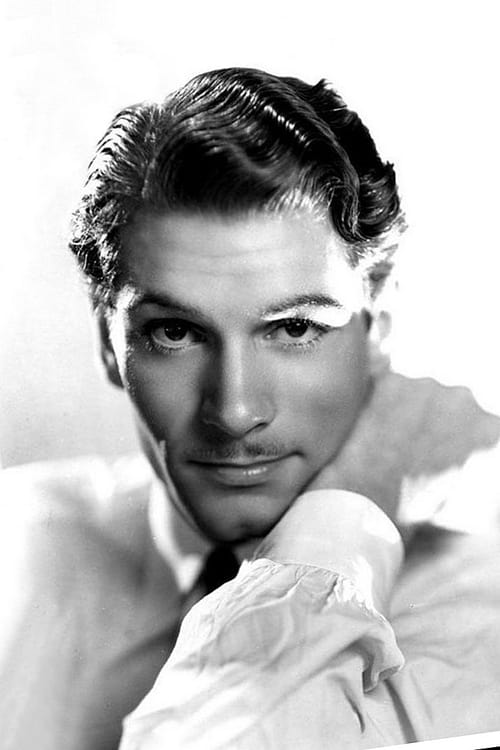Words for Battle (1941)
Genre : Documentary
Runtime : 8M
Director : Humphrey Jennings
Synopsis
Poetry by Rudyard Kipling, John Milton, and William Blake, and excerpts from speeches by Abraham Lincoln and Winston Churchill, all read by Laurence Olivier, illuminate documentary footage of England during its defense against the Nazi blitz in World War II. This short film serves as both propaganda and as a rallying cry to the British people.

"UNEMPLOYMENT DAY: MARCH 6th 1930." "Contingents of marchers arriving at Tower Hill." A long column of marchers carrying banners moves through great crowds (89); CS of a girl selling the 'Daily Worker' (99). "the Workers' International Relief food kitchen." Men and women eating sandwiches and drinking tea dispensed from the back of a lorry (190): a further shot of the assembled crowds (213). "A London docker speaks". A shot of his audience (223). "A women's contingent." A group of women hold up a banner which reads 'Thousands of children die of starvation in Britain - we demand bread (235); a speaker talks to the crowd (259). The demonstrators proceed to the Mansion House. The procession moves on (305).

Shot in four days during the 1968 National Rodeo Finals in Oklahoma City, this lyrical documentary takes you inside the arena atop a 2800 lb bull. Watch Freckles Brown, a legendary cowboy, conferring with a young Larry Mahan, the previous year's champion and see crowd favorite Myrtis Dightman trying to hold his own in a dramatic ride. "Rodeo" shows the classic struggle of man against beast, a matter of life and death. Dick Rosmini's hypnotizing folk-fusion soundtrack and an intricate sound mix add to the climatic result.

On February 26, 1920, Robert Wiene's world-famous film The Cabinet of Dr. Caligari premiered at the Marmorhaus in Berlin. To this day, it is considered a manifesto of German expressionism; a legend of cinema and a key work to understand the nature of the Weimar Republic and the constant political turmoil in which a divided society lived after the end of the First World War.
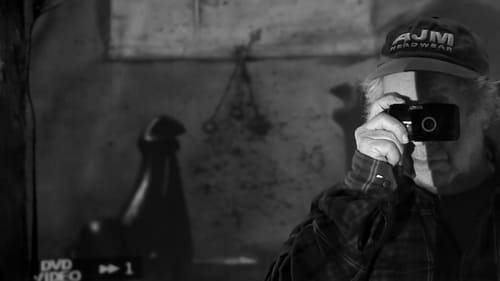
The life and work of Robert Frank—as a photographer and a filmmaker—are so intertwined that they're one in the same, and the vast amount of territory he's covered, from The Americans in 1958 up to the present, is intimately registered in his now-formidable body of artistic gestures. From the early '90s on, Frank has been making his films and videos with the brilliant editor Laura Israel, who has helped him to keep things homemade and preserve the illuminating spark of first contact between camera and people/places. Don't Blink is Israel's like-minded portrait of her friend and collaborator, a lively rummage sale of images and sounds and recollected passages and unfathomable losses and friendships that leaves us a fast and fleeting imprint of the life of the Swiss-born man who reinvented himself the American way, and is still standing on ground of his own making at the age of 90.

Sylvi's child is run over by a bus, prompting her to drink poison. She goes blind in the process, causing her husband to lust after her much younger sister. After undergoing a dangerous operation to regain her sight, she hides her repaired vision behind dark eyeglasses, so she can spy on her sister and husband as they carry on their affair.

A documentary covering the years Luis Buñuel spent in Mexico making films.
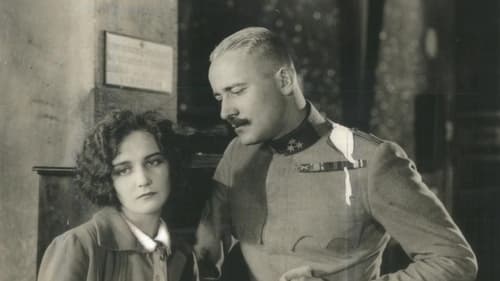
A nobleman, posing as a necktie salesman, falls in love with the daughter of a circus puppeteer, even though he is already married to the daughter of his country's war minister.

Experimental filmmaker Pip Chodorov traces the course of experimental film in America, taking the very personal point of view of someone who grew up as part of the experimental film community.

Divided into three sections, Bill Morrison's The Highwater Trilogy examines our relationship to the threat of natural disaster by combining archival footage of icebergs, hurricanes, and floods with a soundtrack by David Lang and Michael Gordon.

In Dakar, selling newspapers on the street is an occupation always occupied by boys.; one morning, Sili, a young beggar, challenges that exclusive rule.

Denis, a poor student in philosophy, works as a night porter in the Paris market of Les Halles in order to pay for his studies. Constantly weary, he falls asleep and dreams of a beautiful girl in white, Irène, with whom he falls in love.

A political drama set in the fictional country of Illyria between 1943 and 1945, the story is about the assassination of a leading politician. The country, an ally of Nazi Germany, is on the verge of being annexed to the Eastern Bloc. Kaurismäki's TV adaptation of Jean-Paul Sartre's play Les Mains Sales (Dirty Hands) tells the story of Hugo (Matti Pellonpää) who has just been released from prison. Before going to prison, he has worked as a journalist at his party's newspaper. This timid journalist, who uses the pseudonym Raskolnikov, wants to advance in his career and gets his chance when Hoederer (Sulevi Peltola), the leader of the party, has to be eliminated.

A tribute to the courage and resiliency of Britons during the darkest days of the London Blitz.

Helsinki, Forever is a montage film about the city of Helsinki by the award-winning Finnish film director and academic Peter von Bagh. The film draws a portrait of Helsinki and also acts as an essay on Finnish culture in a wider sense. It shows Helsinki as captured by leading Finnish feature film and documentary makers over a period of one hundred years.

Jacques Tati and his friend Rhum star as down-and-outs (very much their situation in reality at the time) who try to generate funds by providing an impromptu leisure tour in a rickety bus they wangle use of for free.

Portrayal of a talented, influencial and troubled artist: a filmmaker who fought his own demons and seemed to live his own legend like no other director. Against all odds Sam Peckinpah was able to create a very personal body of work in the studio system of Hollywood and with his powerful directing and editing style changed the way of filmmaking forever. Legendary for his use of slow-motion violence, various scandals and his ongoing problems with sudios and producers, the story of Peckinpah is filled with tragedy, humor, success and defeat.

Two men take shelter in a derelict mansion situated in the countryside during a storm. One of the men suddenly becomes aware that he once visited this mansion in a past life; he recounts a story about when he was Anand, a painter, who fell in love with a tribal girl named Madhumati.
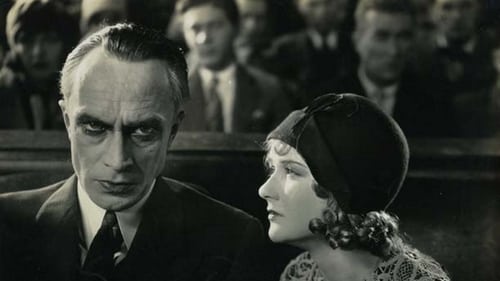
A middle-aged magician is in love with his beautiful young assistant. She, on the other hand, is in love with the magician's young protege, who turns out to be a bum and a thief.

Biquefarre is a small farm in Aveyron. The changing economics of farming lead Raoul, in late middle age, to decide to sell and move to Toulouse. At least two neighboring farmers want to buy Biquefarre: Lucien and the young Marcel. Behind the scenes, Henri, whose brother is Marcel's father and who is also Lucien's brother-in-law, negotiates with Raoul so that Marcel's father can secretly sweeten Marcel's offer. Will dad and uncle succeed? In the background is the hard daily work of farming: milking cows, harvesting at night, and finding help when a farmer falls ill. Progress brings challenges: polluted water, factory farms, and skyrocketing land prices.
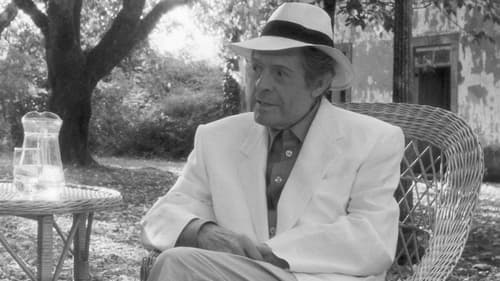
In 1996, Marcello Mastroianni talks about life as an actor. It's an anecdotal and philosophical memoir, moving from topic to topic, fully conscious of a man "of a certain age" looking back. He tells stories about Fellini and De Sica's direction, of using irony in performances, of constantly working (an actor tries to find himself in characters). He's diffident about prizes, celebrates Rome and Paris, salutes Naples and its people. He answers the question, why make bad films; recalls his father and grandfather, carpenters, his mother, deaf in her old age, and his brother, a film editor; he's modest about his looks. In repose, time's swift passage holds Mastroianni inward gaze.

